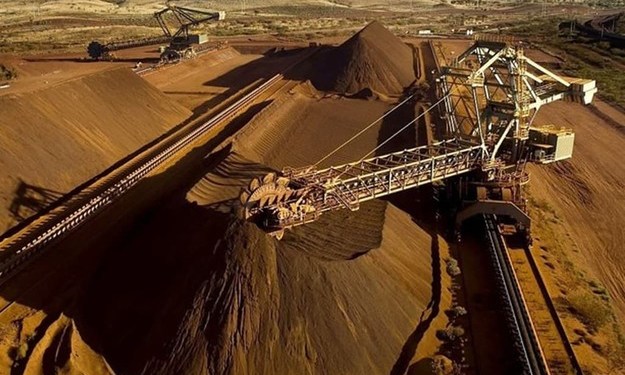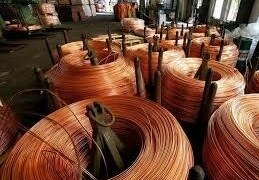 © Bloomberg. Residential buildings stand in Hong Kong, China, on Friday, July 20, 2018. Photographer: Paul Yeung/Bloomberg
© Bloomberg. Residential buildings stand in Hong Kong, China, on Friday, July 20, 2018. Photographer: Paul Yeung/Bloomberg(Bloomberg) — Hong Kong banks began closing the chapter on a decade of ultra-low borrowing costs, casting a pall over a property rally that made the city one of the world’s most expensive places to buy a home.
HSBC Holdings Plc (LON:), Standard Chartered (LON:) Plc and Bank Ltd. boosted their best lending rates by 12.5 basis points on Thursday, hours after the Hong Kong Monetary Authority raised its benchmark interest rate by 25 basis points, in line with the U.S. Federal Reserve. The increases in the prime rates, effective Friday, are the first since March 2006.
Hong Kong is bracing for higher rates as the U.S. central bank normalizes policy. Because the city’s currency is pegged to the dollar, the Asian financial hub effectively imports U.S. monetary policy and adjusts rates in step with the Fed. Higher rates threaten gains in a property market that has been on a bull run for most of the past 15 years.
“The ultra-low interest rate environment in Hong Kong will be over as rates are now on an uptrend,” Hong Kong Financial Secretary Paul Chan told reporters on Thursday. “Higher interest rates will add to the burden of homeowners with mortgages.”
The HKMA on Thursday raised its base rate to 2.5 percent from 2.25 percent, following a 25 basis point move in Washington.
Existing home prices have climbed 13 percent this year, according to Centaline Property Agency, and almost 487 percent from their 2003 trough. Citigroup Inc (NYSE:). and CLSA Ltd. are among those warning of a reversal on expectations that mortgage servicing costs will increase.
The city’s one-month interbank rate jumped the most since 2008 on Monday and Hong Kong’s dollar — a currency on one of the world’s tightest leashes — surged the most against the U.S. dollar in 15 years on Friday. The Hong Kong dollar was little changed at 7.8129 against the greenback as of 12:28 p.m. local time.
While the Fed has been raising rates since late 2015, Hong Kong lenders resisted following because of ample liquidity and fierce competition for mortgages. However, banks’ cash stockpiles have been shrinking since the HKMA started buying the local dollar in April to defend its currency.
(Updates with financial secretary comment and context throughout the story.)
Fusion Media or anyone involved with Fusion Media will not accept any liability for loss or damage as a result of reliance on the information including data, quotes, charts and buy/sell signals contained within this website. Please be fully informed regarding the risks and costs associated with trading the financial markets, it is one of the riskiest investment forms possible.
Source: Investing.com




























